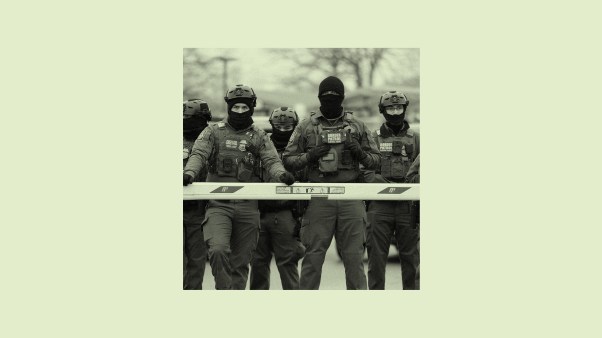The kingdom of God is near.” These are, according to the Gospel of Mark, the first words from Jesus’ mouth as he begins his ministry. His last words to the church, revealed to John in a vision, are no less telling: “Yes, I am coming soon.”
If we’re wondering why so many Christians obsess about last things, we have Jesus to blame.
And obsessed we’ve been for 2,000 years. Eschatology (the study of last things) is not so much a slice of church history as it is—much like Jesus’ ministry—the theme.
Every era has been alternately haunted and electrified by the thought of Jesus’ second coming, and with all manner of consequences, from passive resignation to apocalyptic warfare. But I’ll refrain from spoiling the story as told in these pages.
About that story: it is only a sliver from the forest of stories that could be told. We’ve not only left out key chapters in Western history (for example, the millennial expectations during the English Civil War), but we’ve completely ignored non-Western millennial movements (like the bloody Taiping Rebellion in 1850s China, a violent movement by a Christian convert who believed he could usher in the Millennium).
Another thing about this story: the cast of characters rivals a Cecil B. DeMille film, and their opinions about last things vary wildly. Though most of Christendom has subscribed to amillennialism, and much of modern evangelicalism to premillennialism, you’ll see enough variety to give each of us, no matter our eschatology, pause for thought. Jesus didn’t know the hour or the day of the end. We know fewer things still.
But this we do know: to paraphrase Paul, if for this life only we have been saved, we are of all people most to be pitied. We live and strive to do God’s will not simply to guarantee our own salvation—that would simply be spiritual selfishness—but in hope that all creation will be transformed into something more glorious.
We noted the last words of Jesus in the Book of Revelation, but we do well also to recall the last words of John, which are really the first and last words of the Christian church: “Come, Lord Jesus.”
What do you think? It’s been years since we’ve done an issue like this, in which we take one theme and gallop with it over 2,000 years of church history. The question is, what do you think? Would you like us to do overviews like this more often? If so, what topics would you like to see overviewed?
While we’re seeking your input, let me turn your attention to the survey on page 46 (not available online). As our salute to the end of the century, we’re thinking about producing an issue, “The Most Influential Christians of the Twentieth Century.” What’s your opinion?
Copyright © 1999 by the author or Christianity Today/Christian History Magazine.Click here for reprint information on Christian History.










